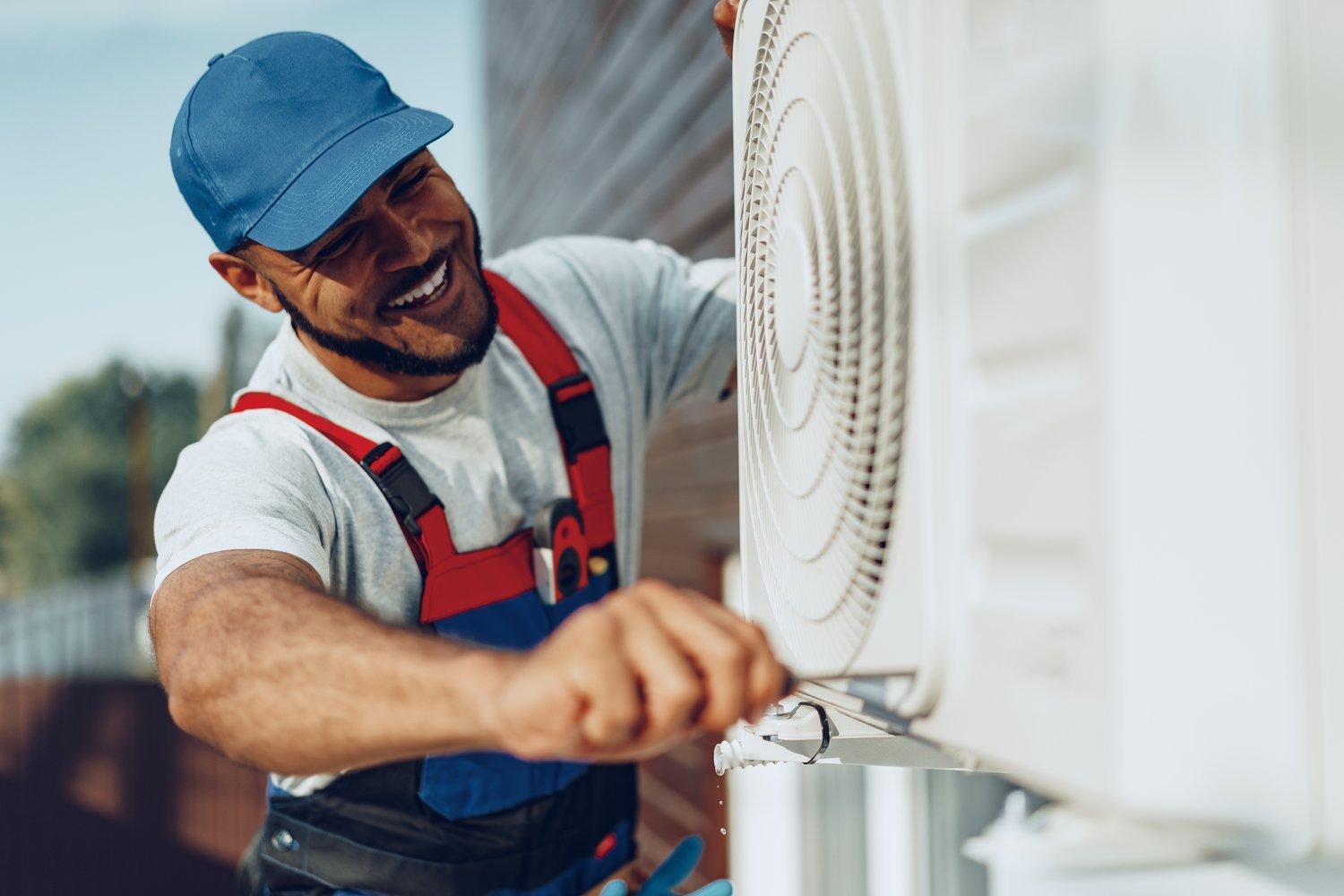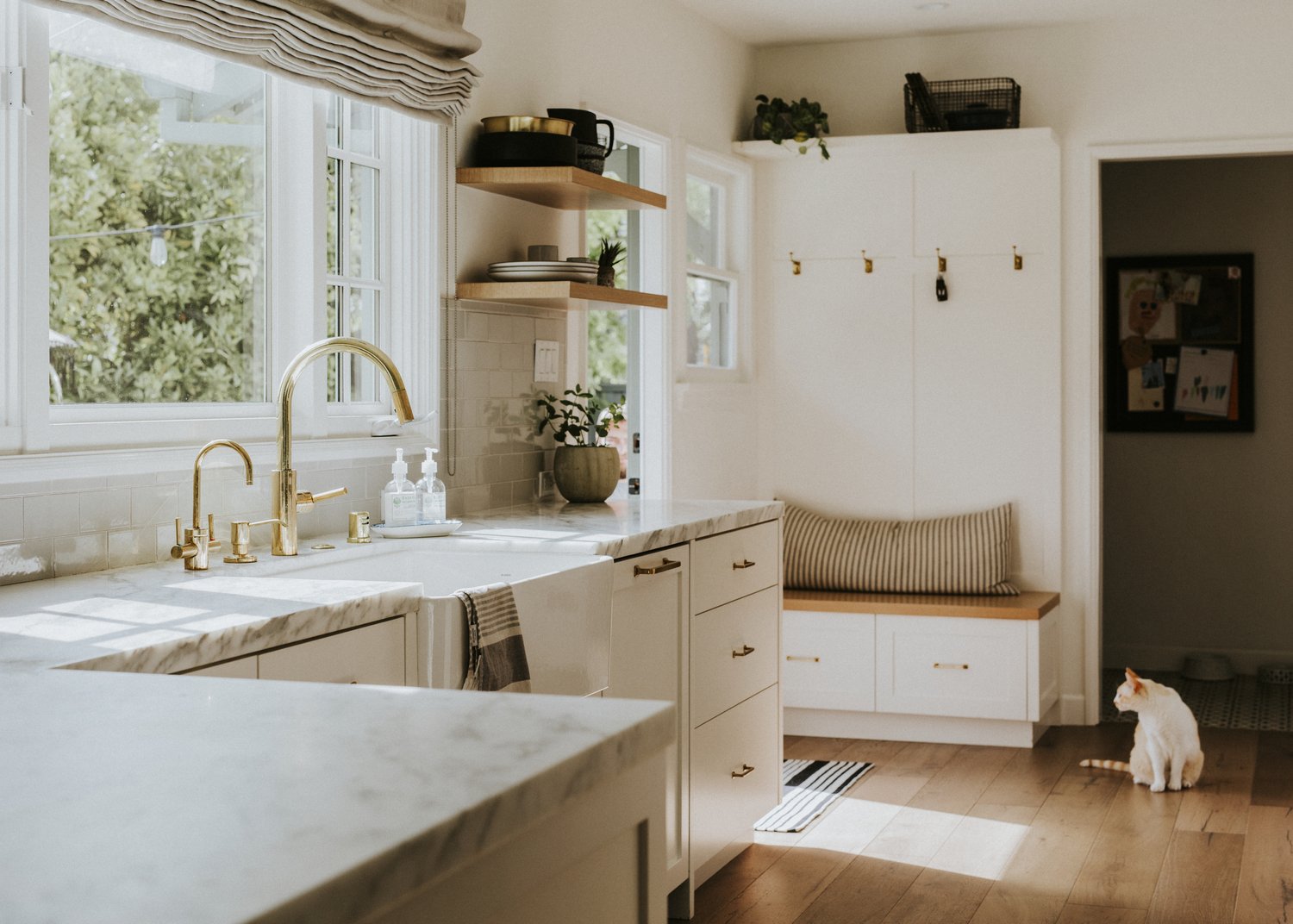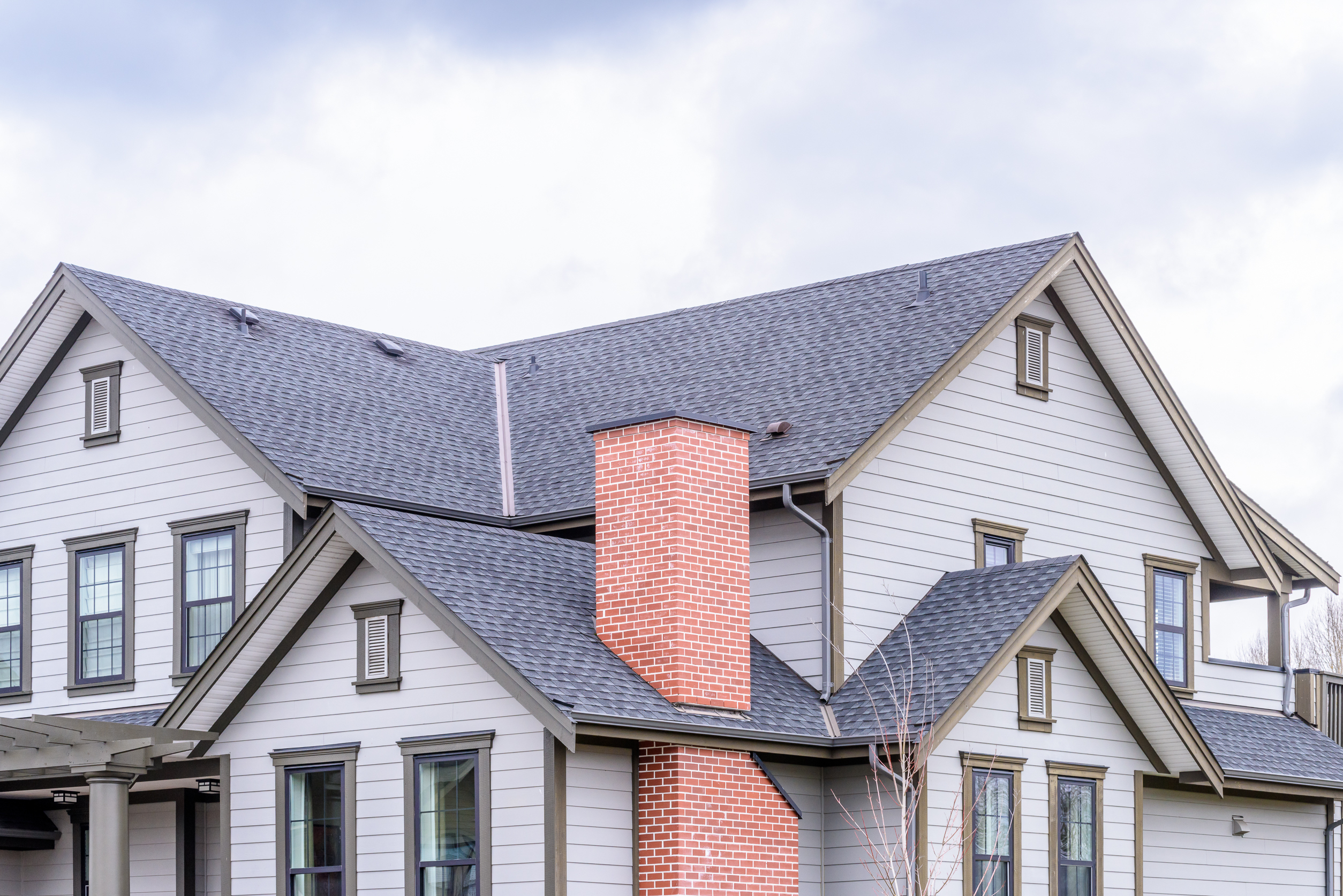The air inside your home may be up to five times more polluted than outdoor air, according to the EPA. Your HVAC system plays a crucial role in managing indoor air quality by circulating, filtering, and conditioning the air you breathe daily. This article explores how your existing heating and cooling equipment can be optimized to improve home air quality, what to look for in the best HVAC filters, and how supplemental air purifiers can provide additional benefits for cleaner, healthier indoor environments.
Understanding Indoor Air Pollution Sources
Indoor air quality concerns stem from numerous sources within our homes. Common pollutants include dust, pet dander, pollen, mold spores, volatile organic compounds (VOCs) from cleaning products, and particulate matter from cooking and household activities. These contaminants can trigger allergies, respiratory issues, and other health problems, particularly for those with existing conditions like asthma or COPD.
Modern homes, built to be energy-efficient with tight seals and limited ventilation, can inadvertently trap these pollutants inside. Your HVAC system, while primarily designed for temperature control, becomes the frontline defense against these indoor air quality challenges. When properly maintained and equipped, it can significantly reduce airborne contaminants and create a healthier living environment.
Leveraging Your HVAC System for Cleaner Air
Your existing heating and cooling system offers multiple opportunities to improve indoor air quality. The first step is ensuring proper maintenance. Regularly scheduled HVAC service, typically recommended twice yearly, keeps your system operating efficiently while preventing dust and mold buildup within the equipment itself. Technicians can check for issues like duct leakage or improper ventilation that might compromise indoor air quality.
Beyond maintenance, your system’s operation patterns influence air quality. Running the fan periodically, even when not heating or cooling, keeps air circulating through filters. Many modern thermostats include a “fan only” mode precisely for this purpose. Additionally, maintaining appropriate humidity levels between 30-50% helps prevent mold growth and dust mite proliferation. During humid months, your air conditioner naturally dehumidifies, but in extremely humid climates, a dedicated whole-home dehumidifier connected to your HVAC system might be worth considering.
Proper ventilation is another critical component. While energy efficiency encourages sealing homes tightly, adequate fresh air exchange remains essential. Many HVAC professionals from AskHomey recommend energy recovery ventilators (ERVs) or heat recovery ventilators (HRVs) that bring in fresh outdoor air while retaining the temperature of outgoing air, balancing energy efficiency with improved indoor air quality HVAC considerations.
Selecting the Best HVAC Filters for Your Needs
Perhaps the most direct way your HVAC system impacts air quality is through filtration. Standard 1-inch filters included with most systems primarily protect equipment rather than improve air quality. Upgrading to better filtration represents a significant opportunity to capture more airborne contaminants.
Filters are rated using the MERV (Minimum Efficiency Reporting Value) scale from 1-16, with higher numbers indicating finer filtration. For residential systems, filters in the MERV 8-13 range typically offer the best balance between filtration effectiveness and airflow maintenance. MERV 11-13 filters can capture particles as small as 0.3 microns, including most pollen, mold spores, and some bacteria.
When selecting filters, consider both filtration quality and system compatibility. Higher MERV ratings create more resistance to airflow, potentially straining older or smaller HVAC systems. Consult with an HVAC professional before installing high-MERV filters in systems not designed for them. Additionally, remember that even the best filters require regular replacement—typically every 1-3 months depending on household conditions—to maintain effectiveness.
Supplemental Air Purifier Benefits
While improved HVAC filtration significantly enhances air quality, standalone air purifiers offer complementary benefits, especially for specific concerns. These devices can target rooms where pollutants are most concentrated or address specialized air quality issues your HVAC system might miss.
HEPA air purifiers can capture 99.97% of particles as small as 0.3 microns—a level of filtration beyond what most HVAC systems can accommodate. Meanwhile, purifiers with activated carbon filters excel at removing odors and gaseous pollutants like VOCs that standard HVAC filters cannot trap.
For comprehensive protection, consider strategic placement of air purifiers in bedrooms (where you spend approximately one-third of your life) and high-traffic living areas. When selecting a purifier, look for clean air delivery rate (CADR) ratings appropriate for your room size and specific concerns like allergies or odor control.
Comprehensive Air Quality Strategies
The most effective approach to indoor air quality combines optimized HVAC operation, appropriate filtration, and targeted supplemental purification when needed. Regular filter changes, scheduled professional maintenance, and attention to humidity control form the foundation of this strategy.
Remember that improving indoor air quality is an ongoing process rather than a one-time fix. Seasonal changes bring different challenges—spring pollen, summer humidity, fall allergens, and winter dry air all require adjustments to your approach. Creating a maintenance calendar for filter changes and system check-ups helps maintain consistent air quality throughout the year.
Beyond mechanical solutions, reducing pollution sources through careful product selection, proper ventilation during high-emission activities like cooking or cleaning, and maintaining appropriate humidity levels all contribute to healthier indoor air. Your HVAC system works most effectively when you minimize the contaminants it needs to manage.
For more tips and to connect with reliable home service professionals, follow AskHomey on Facebook and Instagram.



